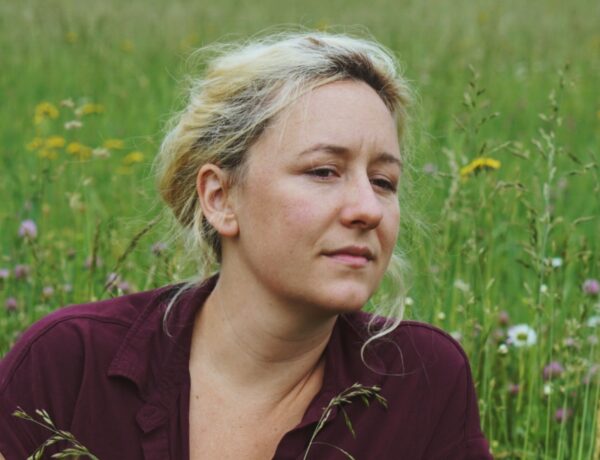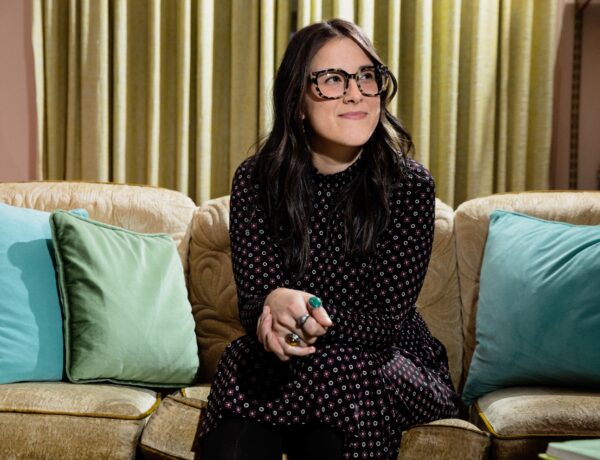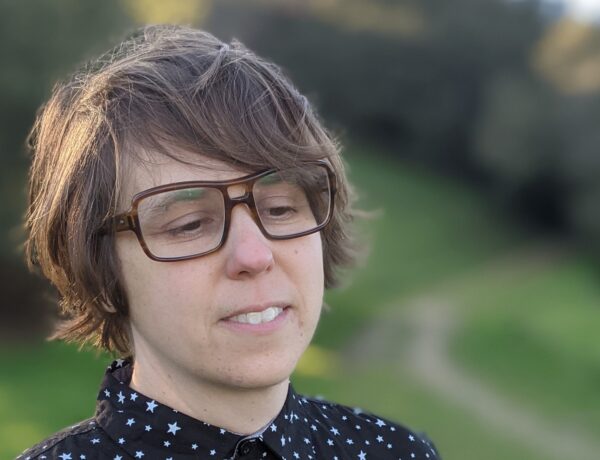Phillip Lopate is the author of a dozen books, including Waterfront, Being With Children, Portrait of My Body, At the End of the Day, and Notes on Sontag.
He has also edited The Art of the Personal Essay and American Movie Critics. He is a professor at Columbia University School of the Arts, where he directs the MFA nonfiction program, and he teaches at Bennington’s low-residency MFA program.
Each week, we publish a new daily writing routine from a famous author. Subscribe to our newsletter so you don’t miss out!
Hi Phillip, welcome to Famous Writing Routines, great to have you here with us today! You have written a dozen books, including Waterfront, Being With Children, and Portrait of My Body. What draws you to writing about the personal experiences and relationships in your life?
I am intensely interested in people’s behavior and the ways they try to justify themselves, through self-defense, rationalizations or excuses. So, where better to start than with myself, since I am always questioning my motives and trying to get a better grasp of my limitations. Also, I am fond of revisiting the past, which stays still, patiently awaiting my memory.
Your book Being With Children reflects on the complexities of parenting. As a professor and writer, how do you balance your personal and professional life?
Actually, I wrote Being With Children before I became a parent. But I was already fascinated with kids and wanted someday to have one or more of my own. It turns out that being a parent is a never-ending source of pleasure and worry. As for balancing domestic life and teaching, when I go off to teach I simply put the former behind me.
It’s a relief to get out of the house and engage with the world, especially because I have a better control of my professional life than the sudden problems and catastrophes that arrive in my day-to-day household experiences, when I am more of a dunce. But these also feed me, comfort me and make life immeasurably richer.
How do you see the role of education in the development of nonfiction writing?
I think education about the history and traditions of nonfiction writing is immensely important. Our students do not have to reinvent the wheel; it’s already there for them to learn from. Sadly, the glorious history of nonfiction writing is rarely taught in college, compared to other genres, like poetry, fiction or drama.
If taught at all, it’s only by contemporary examples, as if teachers were afraid that anything written more than ten years old would be deemed irrelevant by their students. One of the reasons I have edited so many nonfiction anthologies is to keep alive the best examples from the past.
You’ve written books, essays, and edited collections. What are the differences in your approach when working on these different forms of writing?
When I write fiction it’s like entering and living in a fever dream. I try to shut out the world and envision another. When I write essays I am calmer, listening to my brain as it tells me things and argues with itself. When I am editing collections I become something of an historian, mapping out the field.
I sometimes put in an author who is not particularly to my liking but whom I know is too important to leave out. In other words, I am more subjective when I write essays, following my prejudices and idiosyncrasies, but more objective and accepting of other approaches when I am being an anthologist.
What does a typical writing day look like to you?
Coffee, sitting down to write, usually by nine in the morning, going over the previous day’s work, waiting for the static in my mind to clear and for me to get a better, stronger signal so I can take dictation. Usually I break for lunch after two hours, then go back and write another two hours, and call it a day.
If I am on deadline I may keep at the desk for eight hours. If I am near the end of something and I can finish it off in a few hours, I will do it and then skip off. I am a day person, and I find I can’t think well enough to write after 6 pm.
Discover the daily writing habits of authors like Stephen King, Neil Gaiman, and Gillian Flynn with Famous Writing Routines Vol. 1 and learn how to take your writing to the next level. Grab your copy today!
How do you handle writer’s block and overcome creative obstacles in your writing?
To be honest, I’ve never had writer’s block. My approach to writing is more mundane. I consider myself like a shoemaker: I keep working with the leather until it comes out right. I have been writing so long that I’ve internalized various tricks or short-cuts that will get me out of jams.
If you could have a conversation with any artist throughout history about their creative process, who would that be and why?
Possibly Stendahl, because I love his witty manner and ability to produce surprise in his sentences. Or Machado de Assis, for the same reason.
I’d love to know about the books you’re reading at the moment. What have been some of your favorite recent books?
I just finished reading a terrific biography of George Balanchine by Jennifer Homans called Mister B. I’m also dipping into Katherine Mansfield’s collected stories. I’ve been catching up on the Nobel prize winner Svetlana Alexievich: her Voices From Chernobyl is powerful but pretty grueling. A more fun book is Reinventing Hollywood by the great film scholar David Bordwell. Also Darryl Pinckney’s delicious memoir, Come Back in September.
You have taught and mentored many writers in your career as a professor. What have been some of the most important lessons you’ve imparted to your students and what do you hope they take away from your classes?
The most important lesson is to keep at it. There are some very talented students who for whatever reason can’t seem to keep their butts in the chair, while others, less talented but more persistent, end up publishing good books. I hope students take away from my classes the importance of reading—a lifetime of reading at the highest level. Also, that the goal is finally wisdom. That means trying to be fair, to avoid grinding a vengeful ax. Compassion is still the royal road.
What does your current workspace look like?
A mess. I’ve run out of bookshelf space, and I acquired so many books for my three-volume anthology of the American essay that I’ve had to put them in piles on the floor. My writing desk is fairly orderly. At least I know how to get my hands on any book or article draft I need. My literary life is in much tidier shape than my financial affairs (insurance policies, bank statements, tax records, etc.) which I keep in a jumbled pile under another desk in the room and try not to think about.
Affiliate disclaimer: Some links on this website are affiliate links. We may earn a small commission if you make a purchase through these links, but only promote products we truly believe in. We disclose affiliate links and give honest reviews.



No Comments